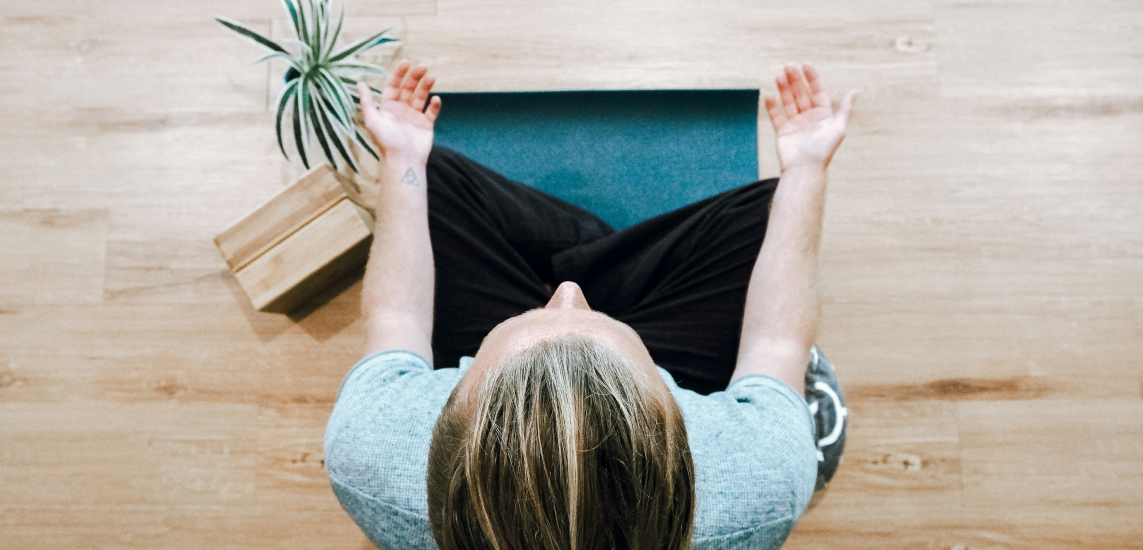While you’d think that dead silence would be necessary to help you concentrate, there are studies to suggest the opposite. Theorists now believe that random environmental or ambient noise – people chattering quietly, the sound of the barista working the machine – are actually distracting, but if they’re at just the right level, they can sharpen our creativity and hone our focus.
Ambient Noise: What’s The Right Kind Of Noise?
A 2012 study in the Journal of Consumer Research suggested that very slight distraction can actually prompt enhanced abstract cognitive processing, and therefore better creative output. The researchers found that study participants performed better on cognitive tasks, worked more quickly, and generated more innovative ideas when working with ambient background noise. There is a goldilocks zone, however, at around 50 – 70 decibels, or roughly the volume of normal conversation or soft background music. Anything more than that, and performance drops.
Scientific Reports also published a 2019 paper on what’s called stochastic processing resonance, which is a phenomenon in which peripheral noise alters and enhances the way the brain processes sensory data. It would appear that small amounts of “interference – i.e. noise – are actually beneficial for the brain.
Stochastic interference has been shown in animals, too, for example in paddlefish who are observed to catch more plankton when their environment is not perfectly still but rippled with very small currents. What research like this shows is that small amounts of noise or interference can enhance the perception of sensory stimuli – and it’s not just sound. In humans, background noise, TV static and occasional vibrations on the skin’s surface all amplify our ability to hear, see, and feel, respectively. As the intensity of this distraction increases, so too does our central nervous system arousal and overall performance. Too intense, however, and our performance nosedives.
Read more: Explore how to turn off digital distractions and replace them with deep work.
Why Coffee Shops Make Us More Productive
Most coffee shops are hubs of ambient noise and random noise interference, but that’s not all they offer. There are other reasons that coffee shops can help us put our heads down and get to work.
- Working in the vicinity of other people who are also working can motivate us. Research into the “audience effect” shows that just being in the presence of other people can encourage us to work better.
- Our brains work optimally when there’s plenty of visual variation and stimulation. In coffee shops, the ambient background is constantly shifting and changing in small ways.
- Unlike uncomfortable Zoom chats or formal meetings, coffee shop work is likely more relaxed, spontaneous and low pressure – all ingredients for creative problem solving.
Not all coffee shops are created equal, though, and it can take time to find a setup that really works, whether you’re out and about or trying to recreate your favorite Starbucks at home in quarantine. The perfect coffee shop environment is one in which you feel comfortable, and are preferably surrounded by other patrons who are also there to work rather than socialize.
We All Respond Differently To Noise
What’s the ideal level of background noise? The answer could vary between individuals. Some people genuinely do not enjoy the atmosphere of a coffee shop, whilst others might thrive with relatively high levels of noise around them.
Neurologists believe it may have to do with a person’s individual level of “brain noise” or neural variability, which may be higher in individuals with conditions like schizophrenia, ADHD or autism. The idea is that if your brain is already quite “noisy” then additional interference will be perceived as a nuisance rather than a helpful stimulation. Likewise, less noisy brains may find that a little interference is just the thing to spur concentration.
Using The “Coffee Shop Effect” To Your Advantage
Of course, with many people all over the world very much still in lockdown or working from home, a morning spent working in the coffee shop will have to wait. But, if you’re struggling with concentration levels or find your focus flagging, it’s worth considering if you can bring a little ambient noise into your work environment.
There are now audio playlists, websites and apps to help you recreate that coffee shop vibe with random sounds of clinking cups, distant conversation and easy-going background music blended together. You can even watch videos that allow you to “study with” someone else while enjoying the ambient coffee shop noise.
If coffee shops aren’t your thing, there’s a whole world of ambient sounds to choose from, including nature sounds like gentle rain, fuzzy TV or radio shows, or the sound of people working in another room. Try out different sounds and at different volumes to see what works for you – you should feel comfortable and able to focus, without getting too drawn into the sounds you hear. Libraries, shared workspaces and comfortable outdoor areas can all serve the same purpose, but you may have to experiment to find what you prefer, especially when working or studying for longer periods. If you find that ambient noise only makes you feel distracted or stressed, you may simply be one of those people that needs less stimulus.
The pandemic has certainly challenged many established rules about workplace productivity, with companies planning for a future where at least some form of remote work is the norm. Rather than seeing work done on a laptop in a relaxed coffee shop as something less than ideal, it may be time to appreciate that our brains are more complex than that, and may well work best in more natural, spontaneous environments. Good coffee doesn’t hurt, though.




-1.jpg)


